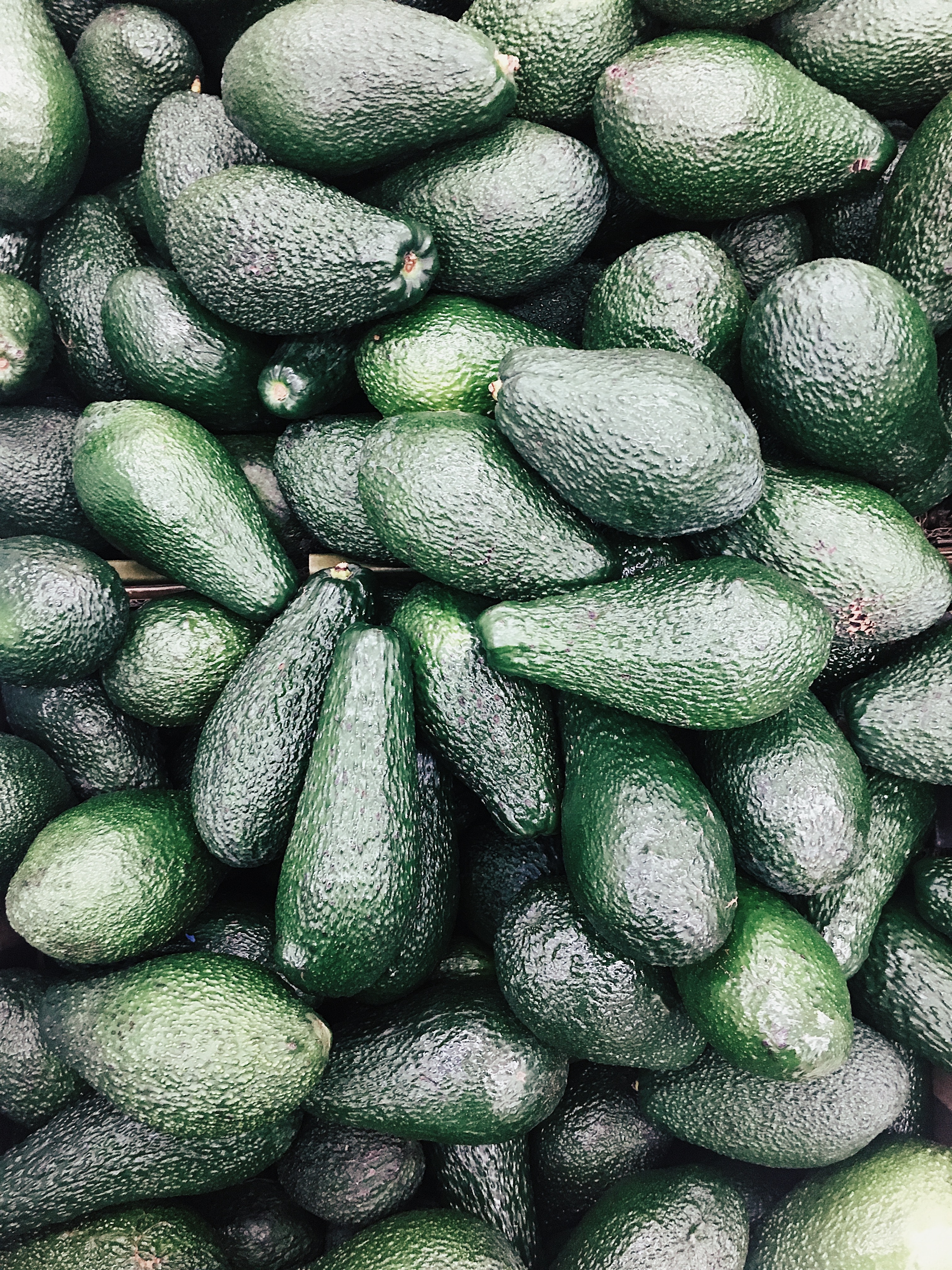As I started to research the hormone space a few years ago, it became clear to me that many hormone experts, who I love and have learned a lot from, are not very supportive of plant-based/vegan or vegetarian diets for hormone health. Often there isn’t much adequate information as to why this is, but the more I have listened to podcasts and read articles etc I have found that the main reason and sometimes the only reason that these hormone experts are not supportive of plant-based or vegan diets is that there is a lack of dietary cholesterol and saturated fat. The reasoning behind this is simply: All of our hormones are derived from cholesterol and if we do not have enough cholesterol than we can not have adequate hormone levels. Many argue that the liver can only make about 70% of all the cholesterol we need and the rest MUST be obtained through diet. I think this adds to the confusion about which way of eating is right for women as there is quite a lot of evidence suggesting that dietary cholesterol and saturated fat intake is harmful to health and is especially found to be harmful to chronic health problems such as heart disease (the biggest killer of women) diabetes and even cancer. On the other hand, low-fat diets are not always adequate enough to support a woman’s reproductive needs, are difficult to stick to long term and often lead to poor dietary choices which include more processed foods and more refined carbohydrates and sugar which are just as detrimental to our long term health as unhealthy fats.

Do we really need to eat cholesterol to have enough cholesterol for our hormones?
It is true that all our steroid hormones are derived from cholesterol and we do need adequate levels of cholesterol to make hormones. It is important to note that women have a higher fat need compared to men. This is due to the higher energy needs during menstruation, pregnancy and breastfeeding. Women also have a higher body fat composition than men and if body fat drops too low (below 18%) it is very common that a woman will cease to ovulate and lose her menstrual period. Once a woman reaches menopause, energy and fat needs decrease and become more similar to a male. However, there is very little evidence to suggest that dietary cholesterol intake is necessary for adequate hormone production. The liver is more than capable of making all the cholesterol our body needs. Recent research has concluded that increasing the amount of cholesterol in the diet has little to no effect on total cholesterol levels. It is not the dietary cholesterol that raises cholesterol, it is fat. Refined sugars and flours, as well as other highly processed foods, can also raise cholesterol, but for the sake of this article we will discuss the effect of fats only. Both saturated and unsaturated fat will raise cholesterol levels but they do so in a different way. Generally speaking, high cholesterol-containing foods are also high in saturated fat so they will likely cause a rise in cholesterol over time. Hormonal issues arise when there is too much dietary fat, particularly saturated fat in the diet or not enough dietary fat in the diet. These will lead to different hormonal imbalances.
How does high dietary intake of fats affect female hormones?
There is an undeniable link between dietary fat and increased estrogen in the body. The more dietary fat, the higher the estrogen. Although researches are not exactly sure why this happens, it is suspected to be in part due to the action of saturated fat on the liver. If the liver is clogged with too much fat, it will have a hard time breaking down estrogen in the body and estrogen will recirculate leading to estrogen excess. Estrogen excess is associated with many hormonal disorders such as PCOS, dysmenorrhea (period pain), fibrocystic breasts, endometriosis, estrogen dominance, PMS and most notably, breast cancer. Furthermore, body fat also raises estrogen as fat cells can create estrogen. For women struggling with these conditions and symptoms, following a low-fat plant-based diet, and sometimes a very low-fat diet has been shown very effective and treating these conditions. Although dietary fat is only one factor, the conditions mentioned above generally pertain to inflammation. Lowering inflammation will help to improve many of the estrogen-dominant conditions mentioned above. Some of the most inflammatory foods are high in saturated fats and therefore reducing these foods can help lower estrogen and over time help correct some hormonal imbalances.
How does a low dietary intake of fat affect female hormones?
Low-fat diets can be just as detrimental to hormone health as high-fat diets. Inadequate intake of dietary fat or inadequate intake of total calories will lead to low hormone production. This is seen in many women with low body weight and or women with psychological disorders such as eating disorders and anxiety/depression. This is also seen in athletes or women that have a tendency towards overexercising. These women can also have nutrient deficiencies as fat is needed for the absorption of fat-soluble vitamins. Fats are also important for brain health and low fat has been associated with poor mental health and even an increase in depression and suicide. Despite the abundance of research suggesting that fat is harmful to women’s health, there is also evidence suggesting that women suffering from hypothalamic amenorrhea (loss of menstrual cycle due to overexercising or undereating) have a very good response to all types of fats and that a restriction of fats in the diet causes downregulation of female sex hormone. If a woman is struggling with a large energy deficit and very low body weight, all fats are beneficial. There is even evidence that trans fats (the worst type of fat) can be beneficial in this state.
Bottom line:
Not all fats are created equal. Trans Fats found in many processed foods are considered unnatural and are the worst type of fat you can eat. I have not seen a single diet promote the eating of trans fats. Saturated fats which come mainly from animal products such as meat, dairy as well as coconut and coconut oil (although coconut hasn’t been shown to be as harmful as animal-based saturated fats), have been linked to a host of health problems, most notably an increase in cholesterol and chronic disease and an increase in estrogen. Reducing these fats in the diet can help reduce inflammation and therefore also improve hormone balance. Monounsaturated and polyunsaturated fats found mostly in plant foods and some fish can also raise cholesterol levels however they help to raise the good HDL (high-density lipoprotein) cholesterol while lowering the bad LDL (low-density lipoprotein) cholesterol. HDL cholesterol has the ability to swoop up unwanted cholesterol from the bloodstream and help keep cholesterol where it needs to be. Generally speaking, a woman needs a good amount of anti-inflammatory fats in her diet. This will help lower inflammation and keep hormone production and energy needs during the reproductive years adequate. However, in the case of hormonal disorders, it can be therapeutic to assess diet and lower or increase fat intake as needed. For high inflammatory states, it may be therapeutic to reduce most fats including oil for a period of time. For other women, it may be necessary to increase fat consumption to help increase hormone levels and stabilise mood. Personally, my hormones have always been low. I have always been underweight and this led me to lose my ability to ovulate for a full year after I came off hormonal birth control. My approach was to increase dietary fat, but I chose to do so in a healthy way. My focus was to increase anti-inflammatory fats in my diet through increased consumption of nuts, seeds and good quality oils. I was able to raise my hormones with very minimal animal products and found better health results the more I was able to replace animal products with plant-based ones.
References:
https://www.ncbi.nlm.nih.gov/pmc/articles/PMC4763493/
https://pubmed.ncbi.nlm.nih.gov/14571303/
https://pubmed.ncbi.nlm.nih.gov/9804587/
https://pubmed.ncbi.nlm.nih.gov/19751443/
https://pubmed.ncbi.nlm.nih.gov/7783659/









